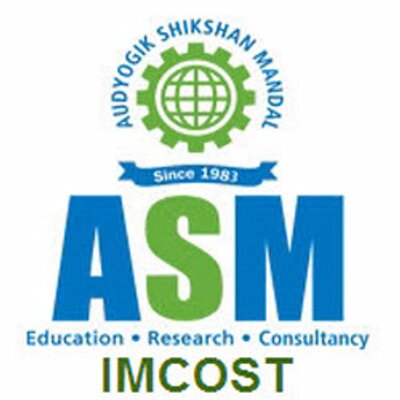ABOUT SPECIALIZATION SUPPLY CHAIN AND LOGISTICS MANAGEMENT
SCM is of course, the management of flow of goods from supplier to transporter to production department to sales and eventually to customer. The objective of SCM is to reduce overall costs by introducing effective coordination and cooperation across echelons. This course is designed to give an overall knowledge so that the student covers all segments of supply chain & logistics including the concepts, operational issues and hand on experience, so that the students can help organizations meet this objective.
The program covers concepts in logistics and supply chain, warehouse management, Logistics & distribution management, latest practices from Industry, Procurement, Port centric logistics and warehousing etc. The methodology followed is class room training and practical exposure in the industry.

